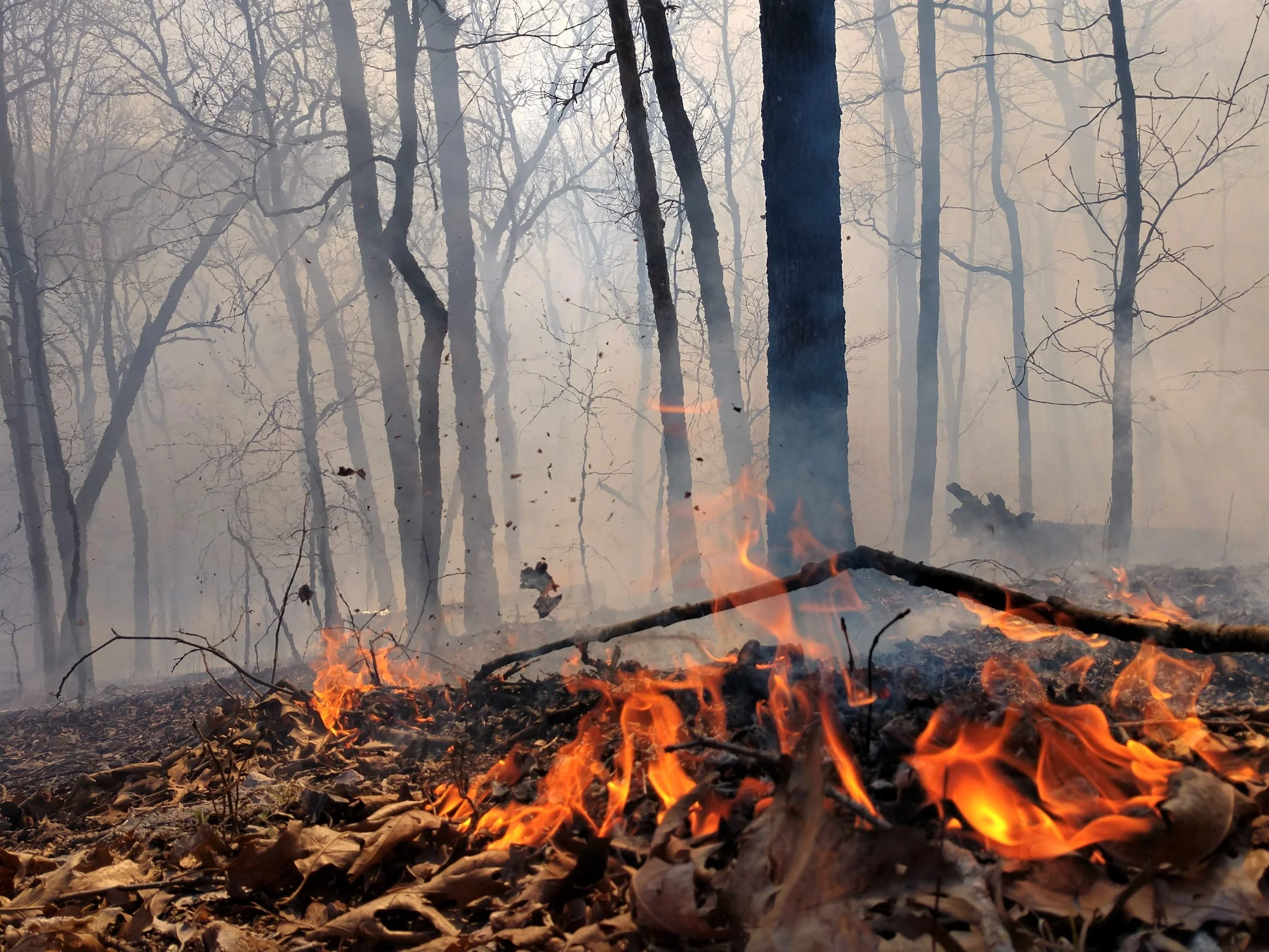Human activities are profoundly altering ecosystems worldwide through changes to disturbance regimes, climate, and primary productivity. Our ability to understand and predict the effects of human activities on ecosystems is limited because biodiversity often responds differently to similar changes in environmental conditions. In this project, the Myers Lab is investigating how and why a largely unexplored mechanism--the diversity of species traits in a regional species pool--determines variable responses of plant diversity to ecological disturbance (prescribed fires), natural enemies (seed predators & seedling herbivores), and soil-resource availability. The project features a landscape-scale field experiment in which prescribed burns are used to restore oak-hickory forest ecosystems altered by human fire suppression. A key goal of the project is to integrate conceptual frameworks in community assembly and trait-based ecology to advance management and restoration of human-altered ecosystems.
Myers lab: functional diversity, ecological contingency & restoration




